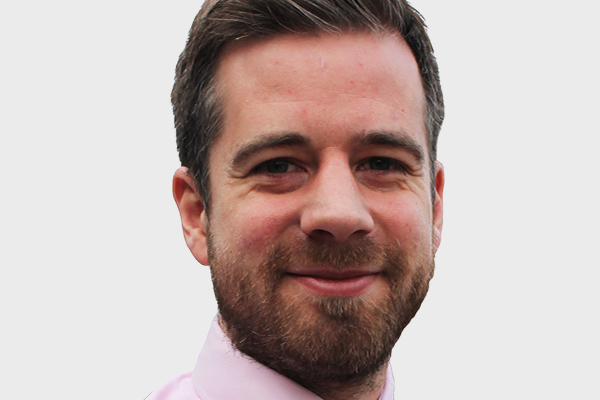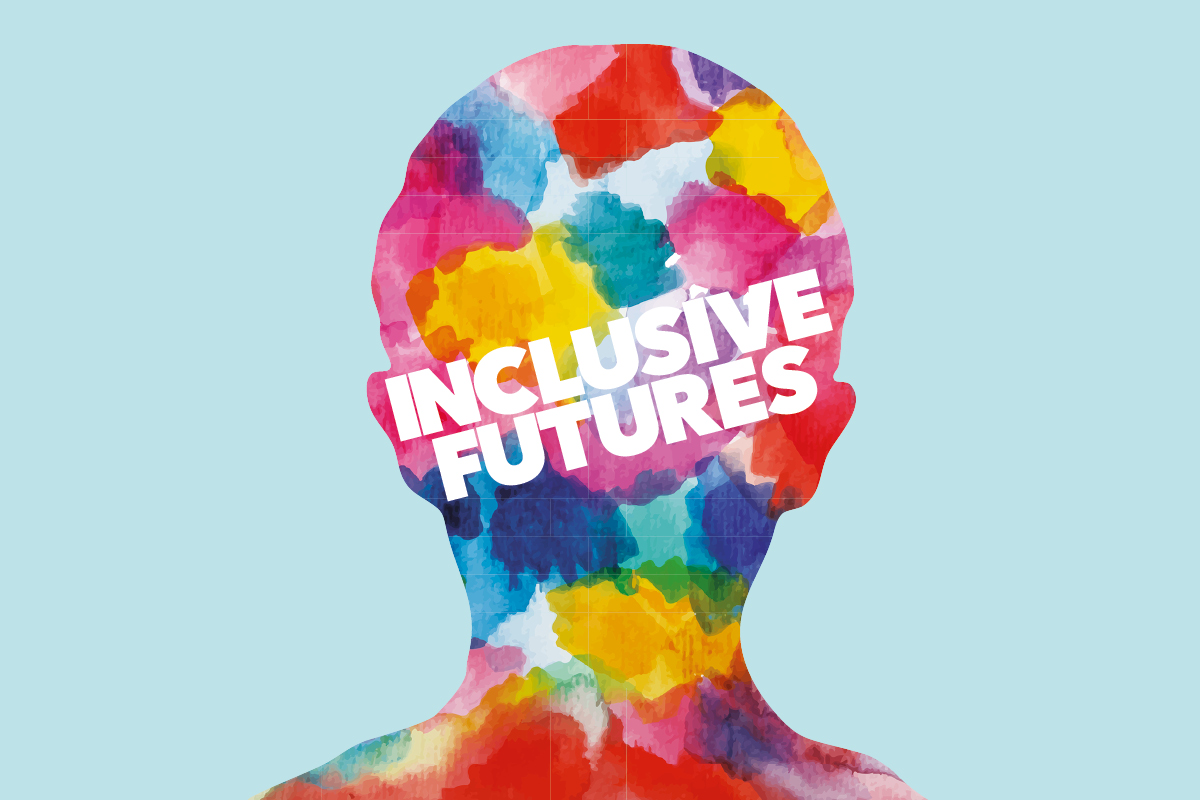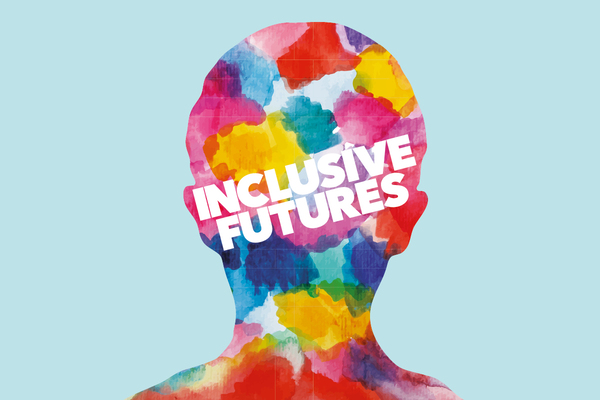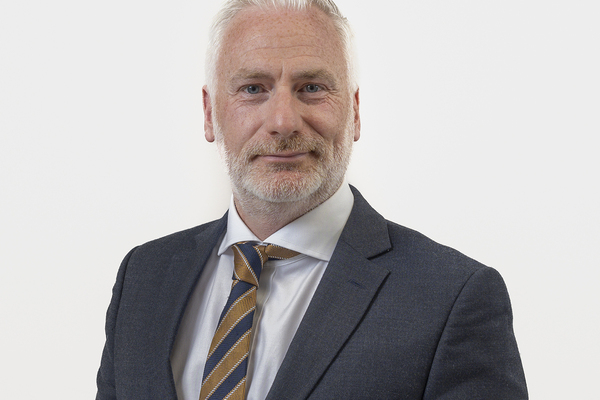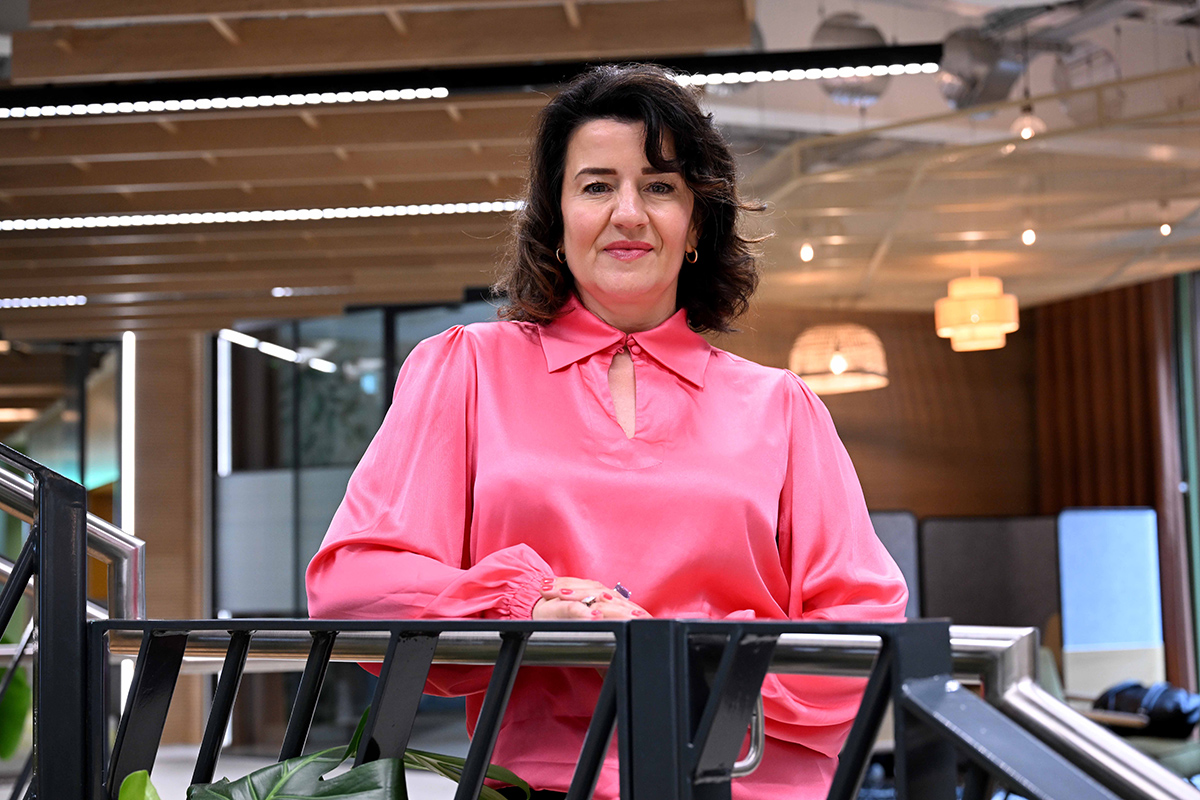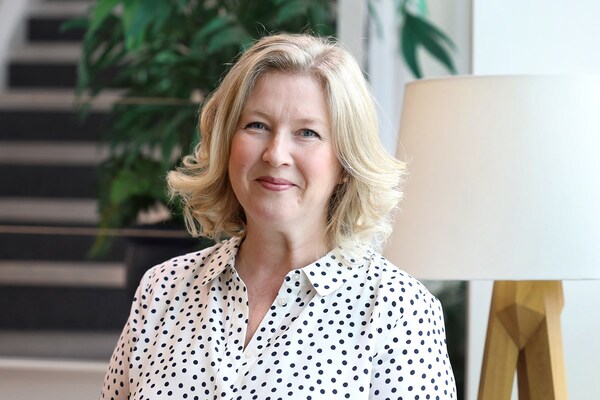You are viewing 1 of your 1 free articles

Embedding LGBT rights as lived experience is our responsibility as housing providers
With the right training housing organisations can create inclusive and safe environments for LGBT+ residents, writes Clare Tickell
When he was 16, one of my sons sat me and my husband down and told us that he was gay. He did this in a very calm and matter-of-fact way, expecting nothing else from us but support and love.
Of course, he has had this from us, and as a boy and now man growing up in London in a liberal supportive environment, he has had an easier time than many.
Even so, this does not detract from how exhausting it can be for him, even now, living in a heteronormative society where sometimes it is a struggle just being all of who he is.
Imagining how challenging life is for those who don’t have support, and who have not been able to come out, is sobering.
“At Hanover, we have residents who have never felt safe to come out.”
Homosexuality was decriminalised only 50 years ago, meaning that many people over 70 grew up in a country where their sexuality was a crime.
Even once the law changed, it took time for attitudes to keep pace, particularly outside big cities, and coming out to family and friends has not been easy or even possible for some people.
At Hanover, we have residents who have never felt safe to come out; who have had to cope with the loss of their long-term partners, grieving privately, and even losing their homes because relationships have not been recognised.
Earlier this year, HouseProud published a report describing the experiences of LGBT+ residents in housing associations, highlighting the loneliness and isolation experienced by many.
Further, it reported the extent to which some tenants felt that they needed to self-censor, removing personal property such as pictures and music, before contractors came into their homes.
For older people or those with a disability, this often extends to care providers who may not have been trained to be sensitive to the needs of LGBT+ people.
Marie Curie published a report in 2016 highlighting the fact that a quarter of the LGBT people they spoke to had experienced discrimination from health and social care professionals.
Further, 74% of the people they surveyed did not have confidence that services would be provided sensitively, leading them to delay getting help with personal care and pain management at a time when their need and vulnerability is at its greatest.
For the older people we house at Hanover, this can be a huge issue and one that we, along with many others, are doing all we can to recognise and address by making our housing and support services as inclusive and LGBT-friendly as possible.
Working with the support of Brighton & Hove City Council, we have developed an approach on one of our extra-care estates to make sure that it is as LGBT+ affirmative as possible.
This has involved training staff, including those working in catering and care, to be sensitive and aware of the issues residents might face so that people do not have to go back into the closet when receiving care.
We are developing links with the local LGBT+ communities and reviewing marketing material to make sure it is inclusive and welcoming to everyone.
“With the right training for staff and support to residents, we are able to create more supportive and inclusive environments where people feel safe.”
Really importantly, we are working with all residents so that they are fully involved with and understand what we are doing, and are able contribute their ideas. We will also be piloting the Stonewall Housing charter mark at this scheme and consulting with residents as we go so that we know what we have got right and what we need to improve for the future.
We are working closely with Tonic to help it achieve its mission to develop a supportive mixed-tenure housing scheme for older people where the majority of residents are LGBT+. Tonic’s vision is to develop and showcase best practice that can be replicated elsewhere, and we are delighted and excited to have been asked to help.
Piloting innovative schemes is only a part of what we are doing though. We know that many of our LGBT+ residents across all of our housing come to us with a history of feeling anxious about being open about their sexuality.
We also know that with the right training for staff and support to residents, we are able to create more supportive and inclusive environments where people feel safe and able to live without the fear they may have experienced for much of their lives.
I started by talking about my son and his experience as a young gay man. He was born less than a quarter of a century after the law that decriminalised his sexuality.
The rights he enjoys now are enshrined and precious. Embedding these as the lived experience and reality for all current and future LGBT+ customers whom we house and support, though, is all of our responsibility.
Clare Tickell, chief executive, Hanover Housing
Inclusive Futures
Inside Housing’s Inclusive Futures campaign aims to promote and celebrate diversity and inclusion.
We are pledging to publish diversity audits of our own coverage.
We are also committed to proactively promoting positive role models.
We will do this through the pages of Inside Housing. But we will also seek to support other publications and events organisations to be more inclusive.
Our Inclusive Futures Bureau will provide a database of speakers and commentators from all backgrounds, for use by all media organisations.
We are also challenging readers to take five clear steps to promote diversity, informed by the Chartered Institute of Housing’s diversity commission and the Leadership 2025 project.
INSIDE HOUSING’S PLEDGES
We will take proactive steps to promote positive role models from under-represented groups and provide information to support change.
We pledge to:
Publish diversity audits: We will audit the diversity of the commentators we feature. We will formalise this process and publish the results for future audits twice a year.
Promote role models: We will work to highlight leading lights from specific under-represented groups, starting in early 2018 with our new BME Leaders List.
Launch Inclusive Futures Bureau: We will work with the sector to compile a database of speakers, commentators and experts from under-represented groups. The bureau will be available to events organisers, media outlets and publications to support them to better represent the talent in the sector.
Take forward the Women in Housing Awards: Inside Housing has taken on these successful awards and will work to grow and develop them.
Convene Inclusive Futures Summit: Our new high-level event will support organisations to develop and implement strategies to become more diverse and inclusive.
THE INCLUSIVE FUTURES CHALLENGE
Inside Housing calls on organisations to sign up to an inclusive future by taking five steps:
Prioritise diversity and inclusion at the top: commitment and persistence from chief executives, directors and chairs in setting goals and monitoring progress.
Collect data on the diversity of your board, leadership and total workforce and publish annually with your annual report. Consider gender, ethnicity, disability, sexuality, age, and representation of tenants on the board.
Set aspirational targets for recruitment to the executive team, board and committees from under-represented groups.
Challenge recruiting staff and agencies to ensure that all shortlists include candidates from under-represented groups.
Make diversity and inclusion a core theme in your talent management strategy to ensure you support people from under-represented groups to progress their careers.

